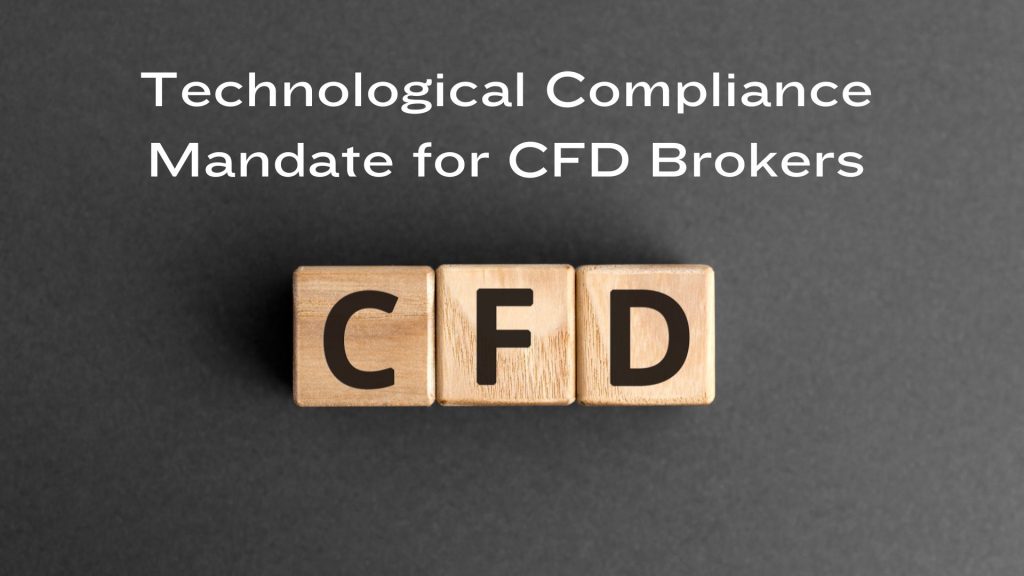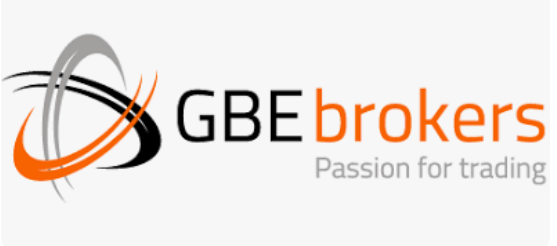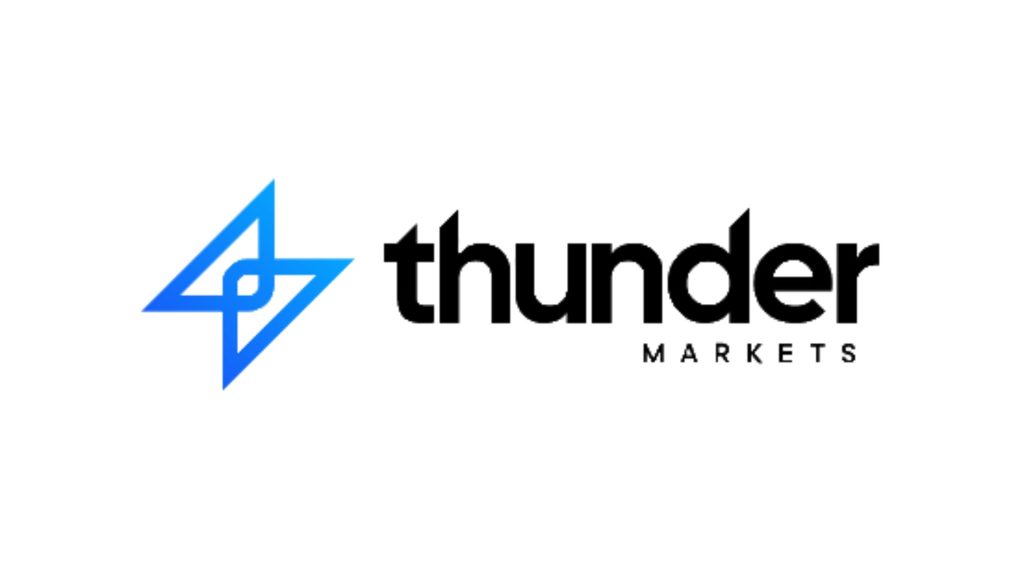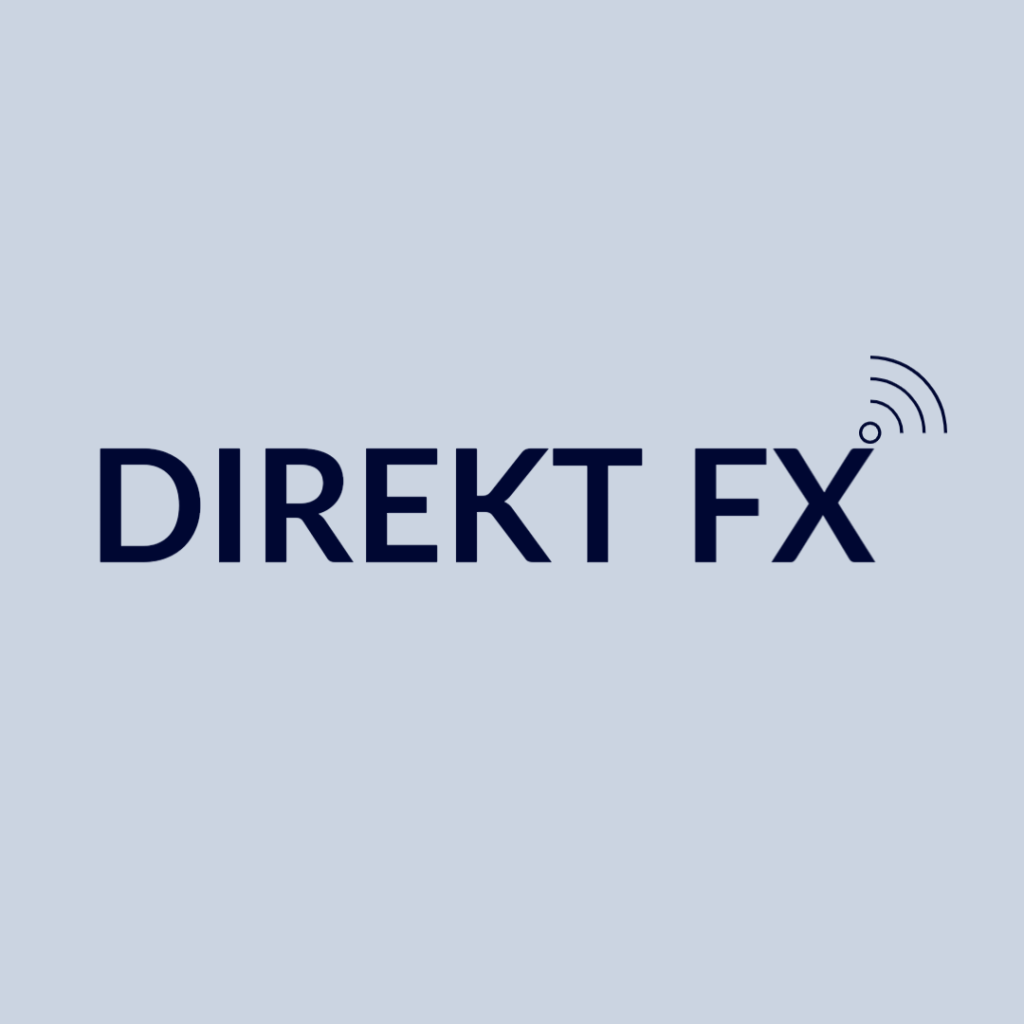
The Technological Compliance Mandate for CFD Brokers
Contract for Difference (CFD) brokers operate in a highly regulated environment and need to ensure compliance with regulatory standards. It is not just a legal obligation but a crucial factor for maintaining trust and integrity in the eyes of clients and regulators. The technological compliance mandate for CFD brokers is important in adhering to these regulations.
In this article, we will discuss technological requirements for CFD brokers to meet regulatory standards.
Join the global network of professionals and find the ideal trading and liquidity partners now!
1. Data Security Measures
Regulatory bodies mandate stringent measures to protect sensitive client information and financial data from unauthorised access and cyber threats.
- Secure Servers: CFD brokers must employ secure servers, often located in data centres that offer high levels of physical and network security. These servers should be equipped with firewalls, intrusion detection systems, and anti-malware software.
- Access Controls: Implementing strict access controls ensures that only authorised personnel can access sensitive information. This includes using multi-factor authentication (MFA), role-based access controls (RBAC), and regular auditing of access logs.
2. Encryption Protocols
Encryption is the process of encoding data to prevent unauthorised access, making it an essential compliance mandate for CFD brokers.
- Data Encryption: All sensitive data, both at rest and in transit, should be encrypted using strong encryption protocols such as AES (Advanced Encryption Standard) 256-bit encryption. This ensures that even if data is intercepted, it remains unreadable without the encryption key.
- Secure Communication Channels: Communication channels, including emails, chat services, and trading platforms, must use SSL/TLS encryption to secure data exchanged between the broker and its clients.
3. Transaction Monitoring Systems
To prevent fraudulent activities and ensure the integrity of trades, CFD brokers must implement sophisticated transaction monitoring systems.
- Real-time Monitoring: These systems should monitor transactions in real time to detect unusual patterns or activities that could indicate market manipulation, insider trading, or other forms of financial fraud.
- Automated Alerts: Upon detection of suspicious activities, the system should automatically generate alerts for further investigation by compliance officers.
4. Know Your Customer (KYC) Procedures
KYC procedures are critical for verifying the identity of clients and assessing potential risks of illegal intentions.
- Document Verification: Technological solutions such as digital ID verification systems can streamline the process of verifying documents such as passports, driving licences, and utility bills.
- AML Screening: Implementing Anti-Money Laundering (AML) screening software helps in checking clients against global watchlists and sanction lists to prevent financial crimes.
Conclusion
By implementing the above requirements, CFD brokers can adhere to regulatory standards easily. They can also fortify their reputation and credibility in the competitive financial market.
To learn more about trading platforms, follow us on LinkedIn.





